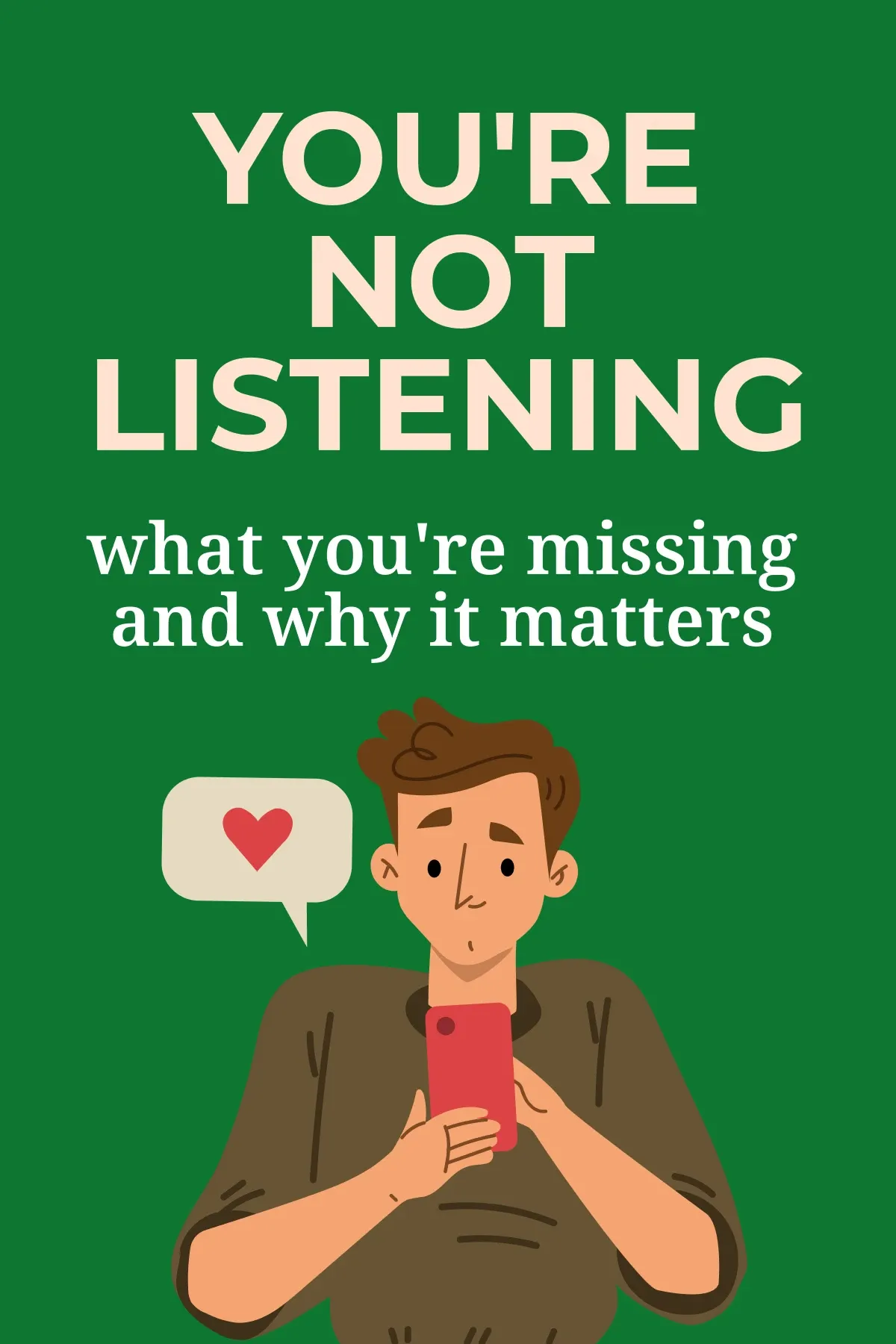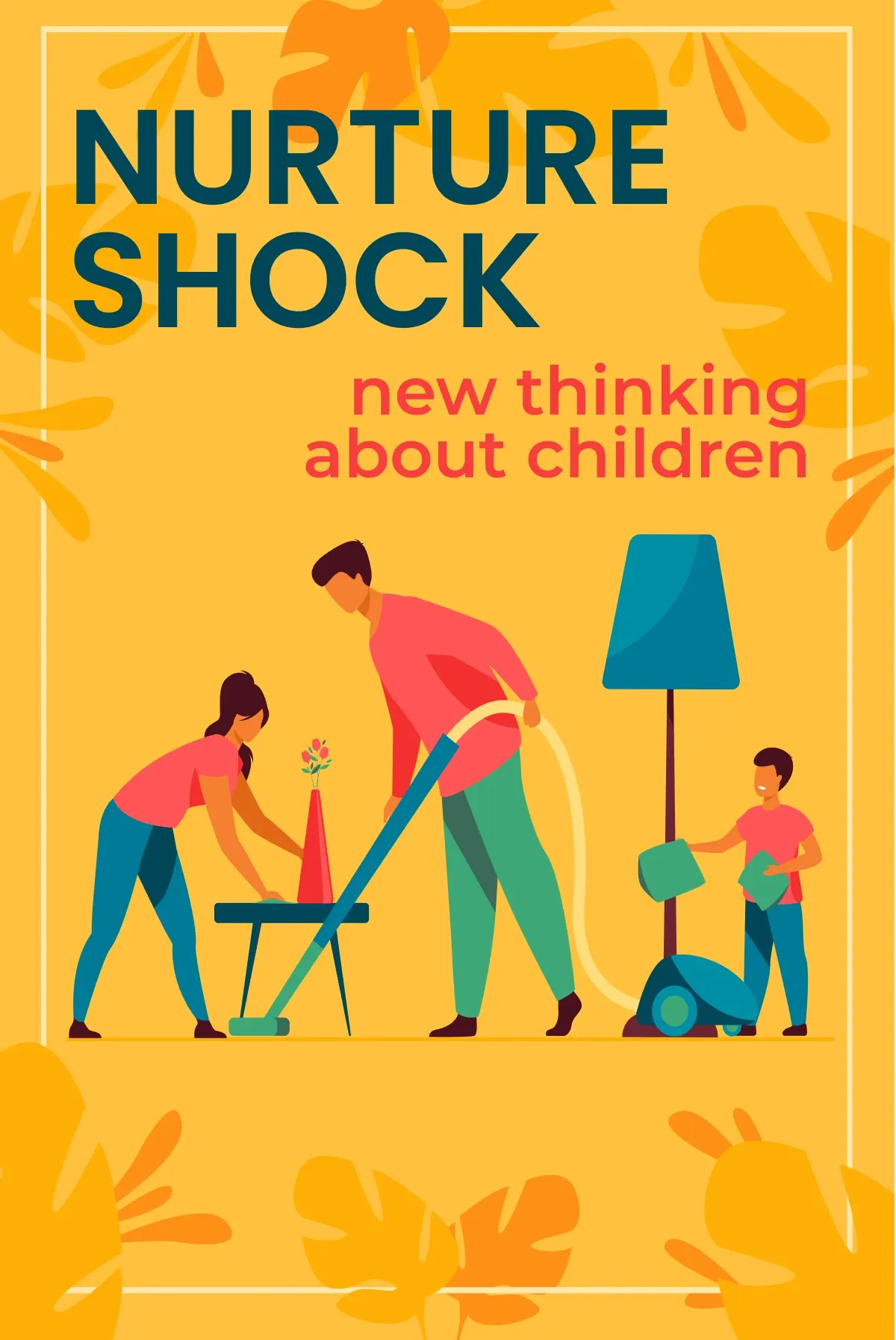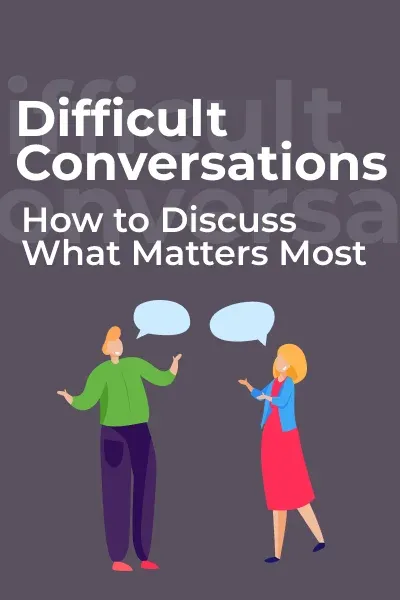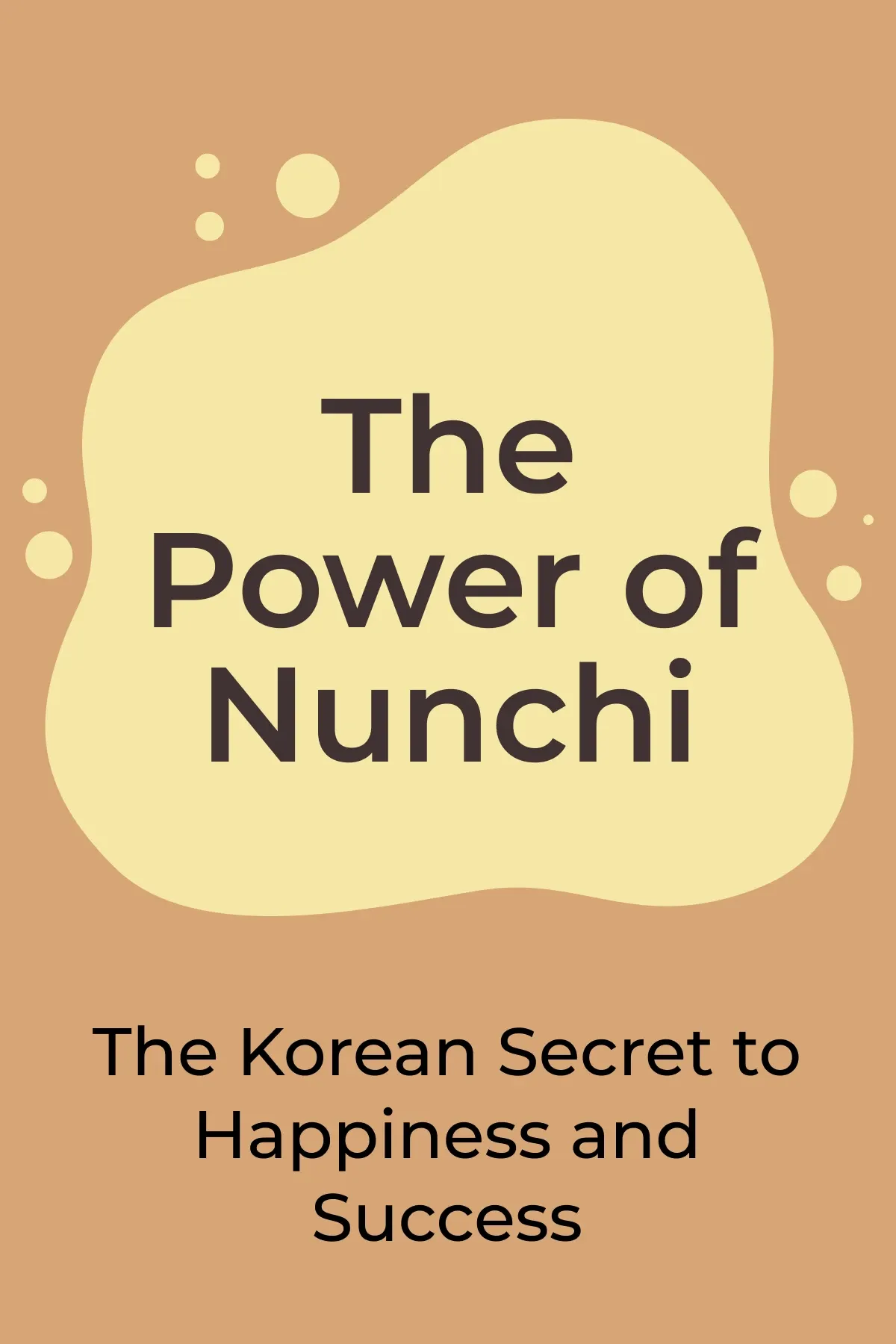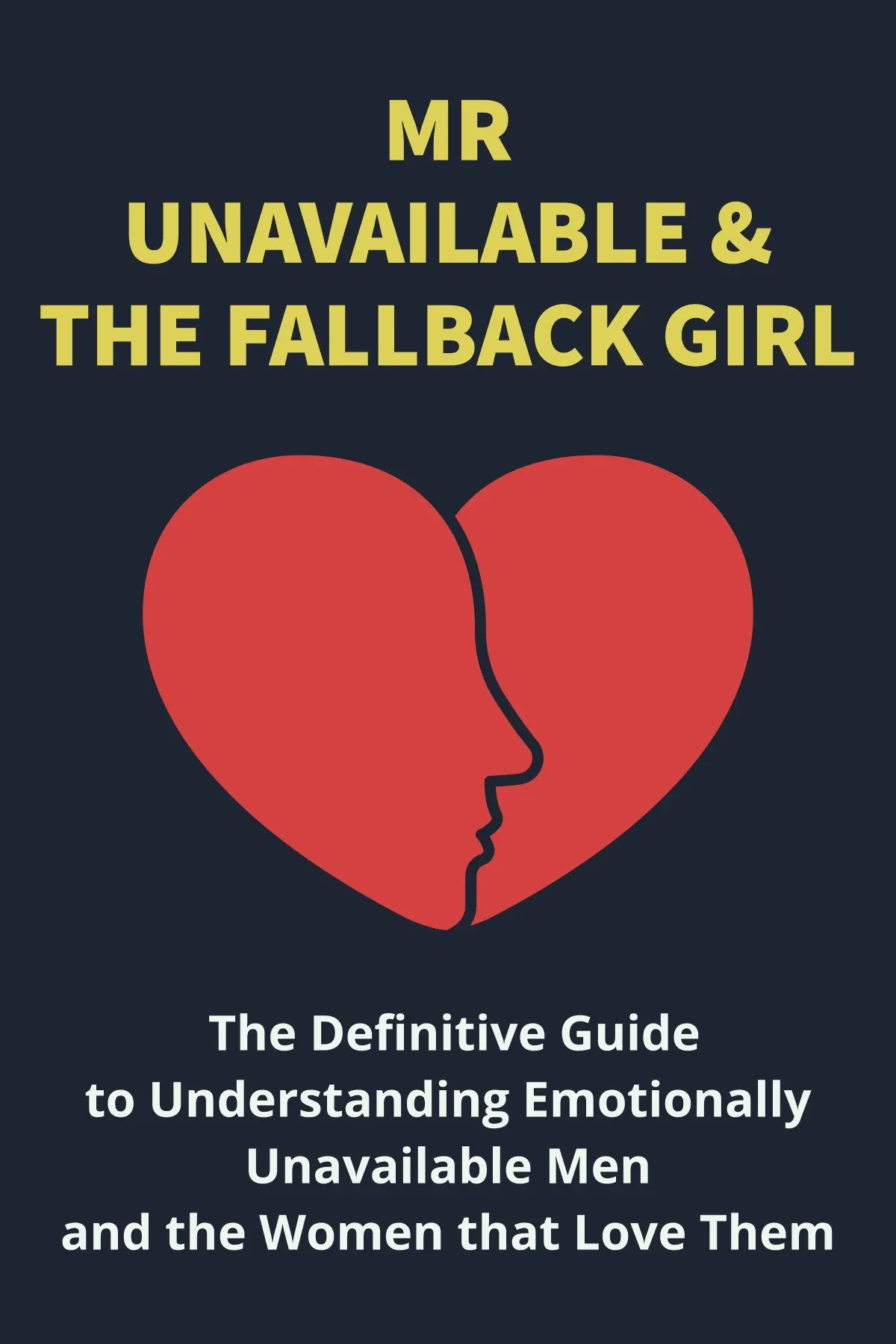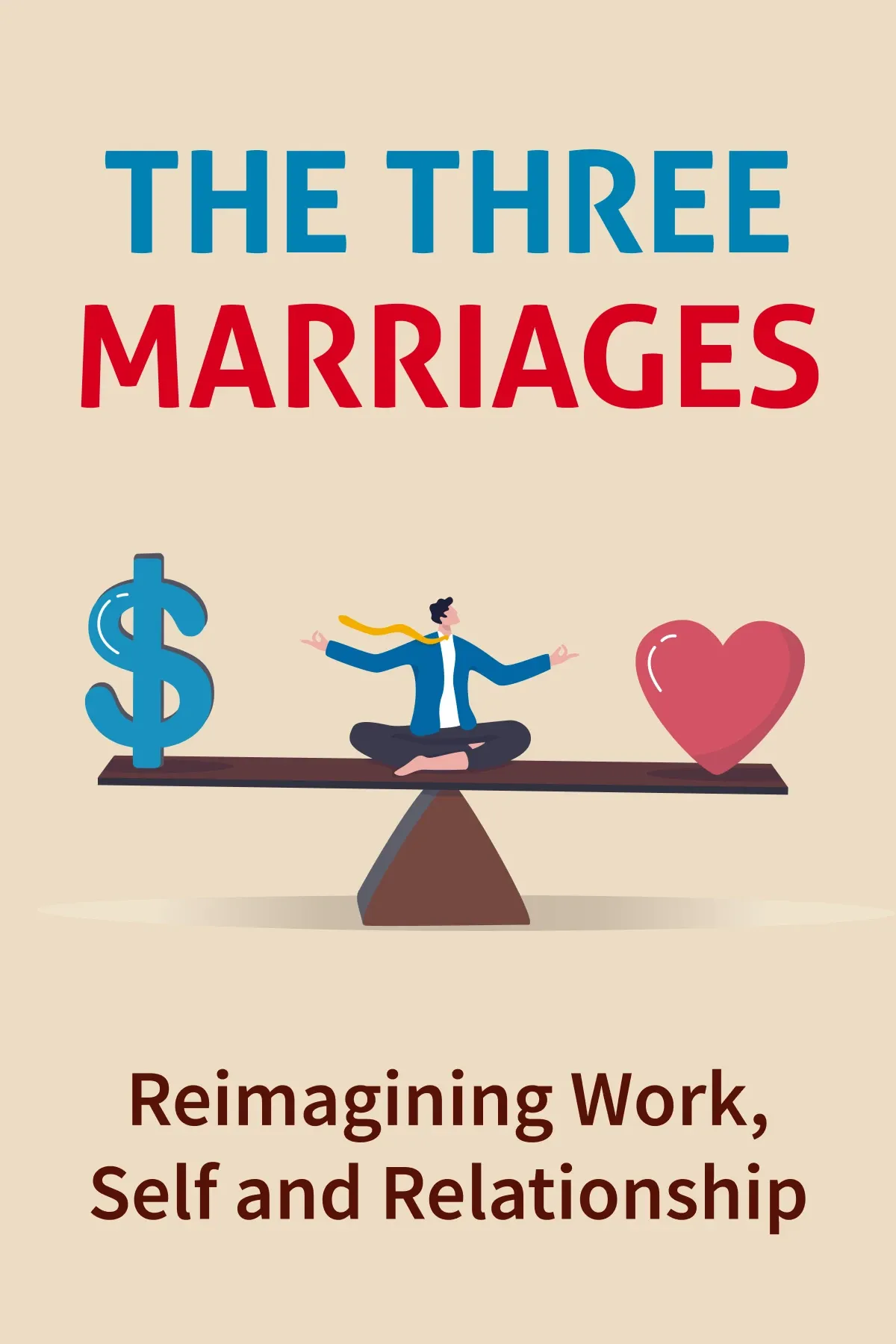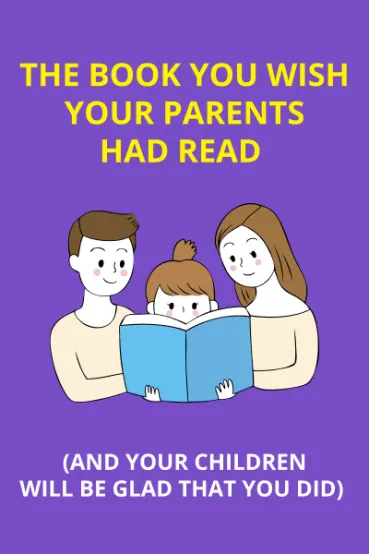
The Book You Wish Your Parents Had Read
Brief Summary
“The Book You Wish Your Parents Had Read (and Your Children Will Be Glad That You Did)” by Philippa Perry explains all aspects of parenting, both positive and negative. You will find the psychologist's advice on how to improve healthy parent-child relationships and family communication.
Topics
Key points
Key idea 1 of 9
Children often mirror their parents’ behavior rather than following their instructions. Therefore, before criticizing your kids’ behavior, it is essential to analyze and improve your attitude toward them. Parent-child relationships are complex and often influenced by the emotions of the parents' experiences. Sometimes, parents react harshly to their children's actions due to the unpleasant moments in their childhood. This can cause them to pass on harmful and destructive behavior to the next generation. Let's consider this in more detail with an example.
One day, 7-year-old Emily, Tay's daughter, got stuck on a climbing frame. When her mother told the girl to come down, and she replied that she couldn't, it greatly angered Tay. The woman yelled, "Get down this minute!" and the girl descended to the ground. She reached out her hand to her mother, but the woman refused. A week later, they went for a walk to the zoo, where there was another climbing frame. The girl was afraid to go there to play, and Tay felt guilty about it. She decided to go with her daughter and helped her with everything.
When Emily and her mother were returning home, the girl asked why her mother didn't help her last time. Tay replied that the situation reminded her of her childhood. Due to her grandmother's constant words to be careful, little Tay felt incapable of doing anything. As a result, she lacked confidence. So because of this, the woman did not want her daughter to have similar problems. In response to her mother, the girl said that her first thought when her mother refused to help was that she didn't care.
It is easy for a child to fall into instant judgments about parents’ emotional reactions. Both because it may be related to what was happening in the past and what is happening now. When you feel anger, insult, disappointment, jealousy, disgust, panic, irritation, or fear in response to something your child did or asked, you should perceive it as a warning. Not as a warning that your child or children will do something wrong but as a warning that you are pressing your buttons.
FAQ
You may also like these summaries


